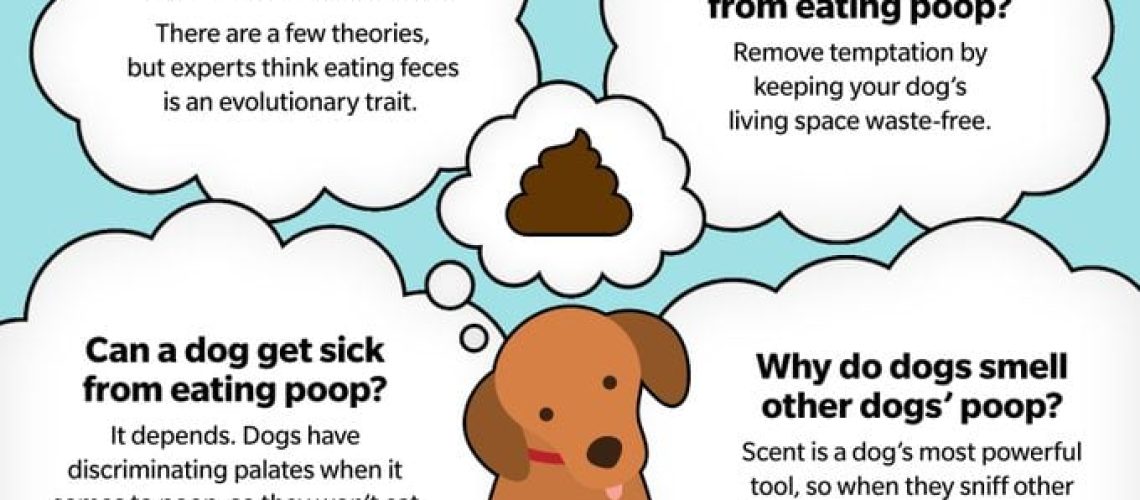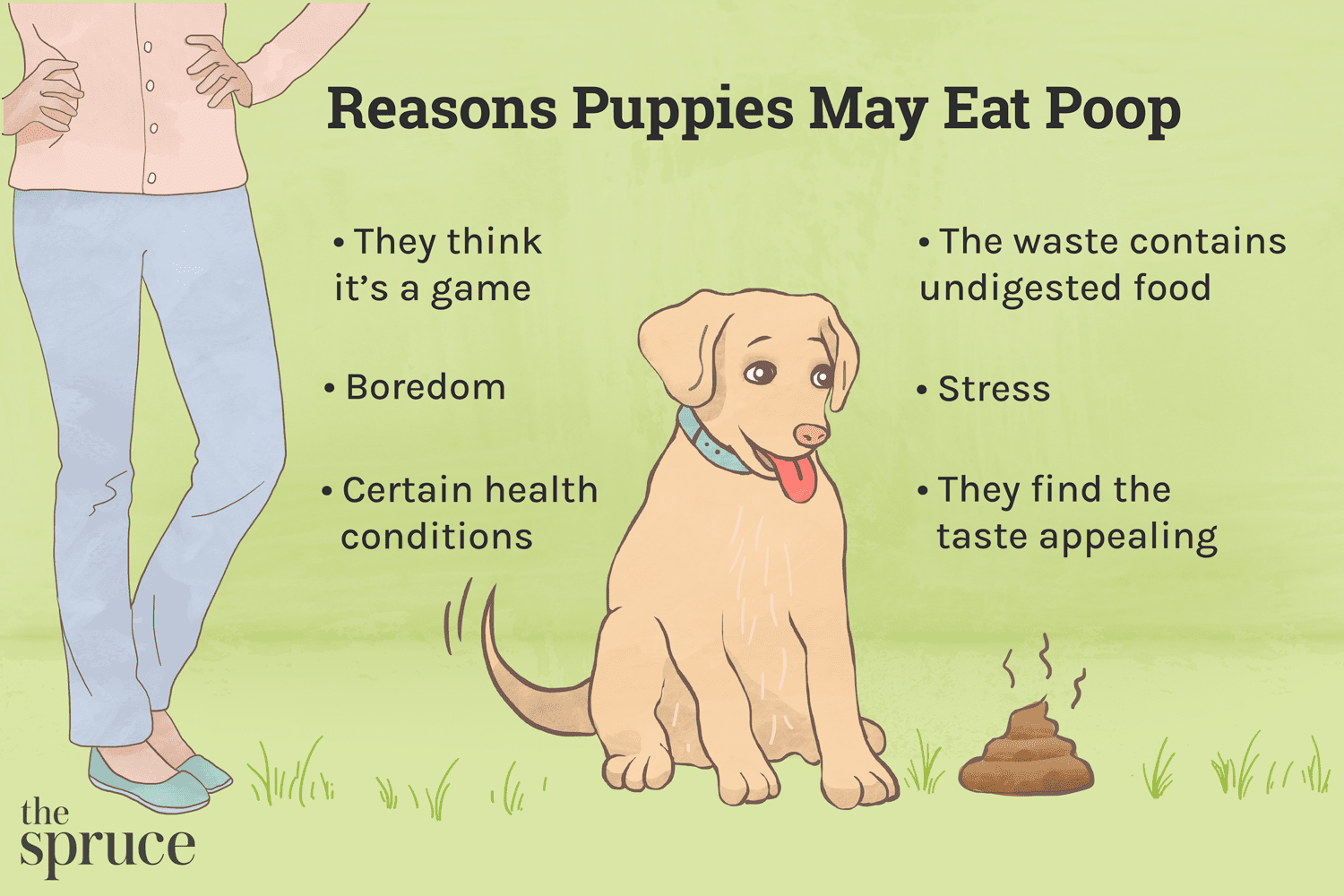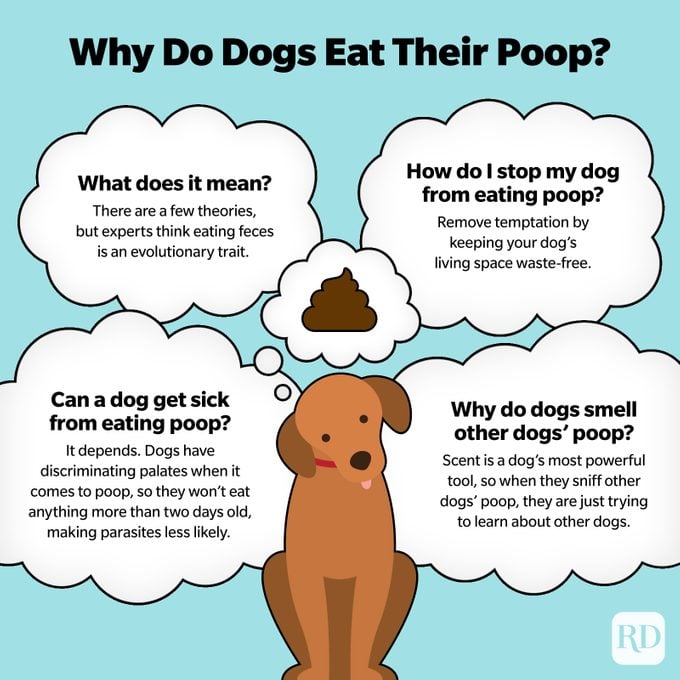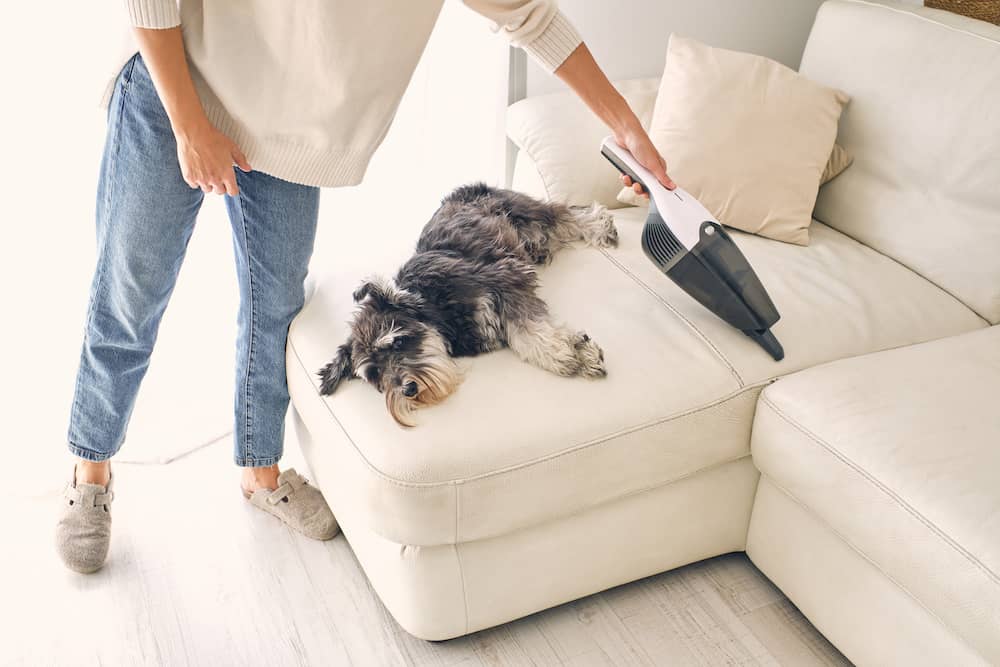In this guide, we will explore effective strategies to prevent your puppy from engaging in the unpleasant habit of eating poop. Discover practical tips and expert advice to put an end to this behavior and ensure a healthier and cleaner environment for both you and your furry friend.
Key Takeaways:
- Consistently clean up after your puppy to remove the temptation of eating poop.
- Ensure your puppy is getting a balanced and nutritious diet to prevent coprophagia.
- Keep your puppy mentally stimulated and physically active to reduce boredom, which can lead to poop-eating behavior.
- Consult with a veterinarian to rule out any underlying health issues that may be causing your puppy to eat poop.
- Train your puppy with positive reinforcement techniques to discourage the behavior and redirect their attention elsewhere.
Why do puppies eat poop and is it normal?
Puppies eating poop, also known as coprophagia, is a common behavior that can be seen in many young dogs. While it may seem gross to us humans, it is actually quite normal for puppies to engage in this behavior. There are a few reasons why puppies eat poop. One reason is that they are curious creatures and may explore their surroundings with their mouths. They may come across poop and decide to investigate it by tasting or eating it. Another reason is that puppies have a natural instinct to keep their living area clean. In the wild, mother dogs would eat their puppies' feces to keep the den clean and prevent predators from being attracted by the smell. Puppies may mimic this behavior by eating their own or other animals' poop.
While it is normal for puppies to exhibit this behavior, there are potential health risks associated with eating poop. Feces can contain harmful bacteria, parasites, or viruses that can cause gastrointestinal issues or other illnesses in your puppy. It's important to take preventive measures to discourage your puppy from eating poop and ensure their overall health and well-being.
Potential health risks of a puppy eating poop
Eating poop can expose your puppy to various health risks due to the presence of bacteria, parasites, or viruses in feces. These pathogens can cause gastrointestinal problems such as diarrhea, vomiting, or stomach upset in your puppy. Some common parasites found in feces include roundworms, hookworms, and giardia. These parasites can infect your puppy's intestines and lead to weight loss, poor growth, or even more severe complications if left untreated.
In addition to parasites, there are also harmful bacteria such as E.coli or Salmonella that can be present in feces. These bacteria can cause food poisoning-like symptoms in your puppy if ingested. Viruses like parvovirus can also be found in feces and can cause serious illness, especially in young puppies with weaker immune systems.
It's important to keep a close eye on your puppy's behavior and health if they have been eating poop. If you notice any signs of illness or abnormal behavior, it is recommended to consult with a veterinarian for proper diagnosis and treatment.
Preventing your puppy from eating poop
To prevent your puppy from eating poop, there are several strategies you can try:
1. Supervision: Keep a close eye on your puppy when they are outside or in areas where there may be feces present. By supervising them, you can intervene and redirect their attention if they show interest in eating poop.
2. Clean up promptly: Make sure to clean up after your puppy immediately after they eliminate to remove any temptation for them to eat their own feces or that of other animals. Use disposable bags or pooper scoopers to pick up the waste and dispose of it properly.
3. Distractions and redirection: When you see your puppy showing interest in poop, distract them with toys or treats and redirect their attention to something more appropriate for chewing or playing.
4. Positive reinforcement: Reward your puppy with praise, treats, or playtime when they ignore poop or engage in desirable behaviors instead. This will help reinforce good habits and discourage the urge to eat poop.
5. Leash training: Teach your puppy basic leash manners so that you have better control over their movements during walks. This will allow you to steer them away from areas where there may be feces.
Remember that consistency is key when trying to prevent this behavior. It may take time for your puppy to learn what is acceptable and what is not.
Dietary changes to stop a puppy from eating poop
In some cases, dietary changes may help deter puppies from eating poop. Here are a few strategies you can try:
1. Balanced diet: Ensure that your puppy is receiving a well-balanced and nutritious diet that meets their specific nutritional needs. A diet lacking in essential nutrients may lead to coprophagia as the puppy may be trying to compensate for these deficiencies.
2. Additives or supplements: Some commercial products are available that claim to make the dog's feces taste unpleasant, which may discourage them from eating it. These products usually contain natural additives like yucca or papaya extract. Consult with your veterinarian before using any additives or supplements to ensure they are safe for your puppy.
3. Regular feeding schedule: Establish a consistent feeding schedule for your puppy and stick to it. This will help regulate their digestion and reduce the chances of them feeling hungry enough to resort to eating poop.
4. Avoid free-feeding: Instead of leaving food out all day, feed your puppy at specific times and remove any uneaten food after a certain period. This will prevent them from grazing throughout the day, reducing the likelihood of them seeking alternative sources of food like poop.
Remember, always consult with your veterinarian before making any dietary changes or introducing new supplements to your puppy's diet.
Training techniques to discourage a puppy from eating poop
Training plays an important role in discouraging puppies from engaging in undesirable behaviors like eating poop. Here are some training techniques you can use:
1. "Leave it" command: Teach your puppy the "leave it" command, which can be useful in redirecting their attention away from poop when you encounter it during walks or outings. Start by holding a treat in your closed hand and saying "leave it." When your puppy stops trying to get the treat, reward them with praise and another treat from your other hand.
2. Recall training: Train your puppy to come back to you reliably when called using positive reinforcement. This will allow you to call them away from poop if they show interest in it during walks or outdoor playtime.
3. Crate training: If your puppy has a tendency to eat their own feces, crate training can be helpful. A crate provides a safe and confined space where your puppy is less likely to have access to their poop. Make sure the crate is properly sized and comfortable for your puppy.
4. Socialization: Properly socialize your puppy with other dogs and animals to reduce any anxiety or curiosity that may drive them to eat poop. Positive interactions with other dogs can also help reinforce good behavior.
Remember to be patient and consistent with your training efforts. Puppies learn through repetition and positive reinforcement, so reward them for good behavior and redirect their attention when necessary.
Products that can help stop a puppy from eating poop
There are some products available in the market that claim to deter puppies from eating poop. These products usually contain natural ingredients that make the dog's feces taste unpleasant or have an odor that repels them. Here are a few examples:
1. Coprophagia deterrent sprays: These sprays are designed to be applied directly onto the feces, making it unappetizing for the puppy. The spray typically contains natural ingredients like bitter apple or cayenne pepper, which have strong tastes that dogs find unpleasant.
2. Supplements: Some supplements are available that claim to change the smell or taste of the dog's feces, making it less appealing for consumption. These supplements usually contain natural ingredients like yucca extract or digestive enzymes.
It's important to note that these products may not work for all puppies, as individual preferences can vary. Additionally, consult with your veterinarian before using any products to ensure they are safe for your specific puppy.
The importance of keeping your puppy's living area clean to prevent them from eating poop
Keeping your puppy's living area clean is crucial in preventing them from eating poop. Here are a few reasons why:
1. Eliminating temptation: By promptly cleaning up after your puppy, you remove any opportunity for them to come into contact with their own feces or that of other animals. This reduces the likelihood of them being tempted to eat it.
2. Promoting hygiene and health: A clean living area helps maintain good hygiene for your puppy, reducing the risk of bacterial or parasitic infections. It also creates a healthier environment overall, minimizing the chances of illness or digestive issues.
3. Reinforcing proper habits: By consistently maintaining cleanliness in your puppy's living area, you establish a routine that reinforces good habits. This can help in preventing coprophagia and other undesirable behaviors.
Regularly clean your puppy's living area by removing any waste, disinfecting surfaces, and providing fresh bedding or litter as needed. This will create a cleaner and healthier environment for your puppy to thrive in.
Medical conditions or deficiencies that may contribute to a puppy's desire to eat poop and how to address them
In some cases, certain medical conditions or nutritional deficiencies may contribute to a puppy's desire to eat poop. If you have tried preventive measures and training techniques without success, it may be worth considering these possibilities. Here are a few examples:
1. Malabsorption issues: Some puppies may have difficulty absorbing nutrients from their food due to underlying gastrointestinal issues. This can lead to nutritional deficiencies that drive them to seek alternative sources of nutrients like poop. If you suspect malabsorption issues, consult with your veterinarian for proper diagnosis and treatment.
2. Nutritional imbalances: A diet lacking essential nutrients can lead to cravings or pica (the consumption of non-food items). Ensure that your puppy is receiving a well-balanced diet that meets their specific nutritional needs based on their age, breed, and size. Consult with your veterinarian for dietary recommendations or consider switching to a high-quality commercial puppy food.
3. Medical conditions: Certain medical conditions like diabetes or thyroid disorders can affect a puppy's appetite and metabolism, potentially leading to coprophagia. If you suspect an underlying medical condition, consult with your veterinarian for proper evaluation and treatment.
It's important to address any underlying medical conditions or nutritional deficiencies through proper veterinary care. Your veterinarian will be able to determine the cause of the behavior and recommend appropriate interventions.
Consulting a veterinarian if your puppy continues to eat poop despite preventive measures
If your puppy continues to eat poop despite your best efforts in implementing preventive measures, it is recommended to consult with a veterinarian. A veterinarian can help rule out any underlying medical conditions or provide further guidance on behavior modification techniques.
During the veterinary visit, be prepared to provide information about your puppy's diet, living environment, and any other relevant details that may help in diagnosing the issue. The veterinarian may perform a physical examination, request stool samples for testing, or recommend additional diagnostic tests if needed.
Remember that each puppy is unique, and what works for one may not work for another. With the guidance of a veterinarian, you can develop an individualized plan to address the behavior and ensure the overall health and well-being of your puppy.
Potential health risks of a puppy eating poop
While it may seem disgusting, there are potential health risks associated with a puppy eating poop. One concern is the transmission of parasites or bacteria that can be present in feces. These can include parasites like roundworms, hookworms, and giardia, as well as bacteria like salmonella or E. coli. If ingested, these pathogens can cause gastrointestinal issues such as diarrhea, vomiting, and abdominal pain.
To further complicate matters, some dogs may develop coprophagia (the medical term for eating feces) due to an underlying medical condition. For example, pancreatic insufficiency or malabsorption disorders can lead to nutrient deficiencies that drive a dog to eat feces in an attempt to obtain missing nutrients. It's important to address this behavior promptly to prevent any potential health complications.
Parasites and Bacteria
- Roundworms
- Hookworms
- Giardia
- Salmonella
- E. coli
Underlying Medical Conditions
- Pancreatic insufficiency
- Malabsorption disorders
Preventing your puppy from eating poop
If you want to prevent your puppy from eating poop, there are several strategies you can employ. First and foremost, it's essential to keep your puppy's living area clean and free of feces. Regularly clean up after your pup and dispose of waste properly.
In addition to cleanliness, supervision plays a crucial role in preventing coprophagia. Keep a close eye on your puppy when they are outside, especially during walks or playtime. If you notice them showing interest in feces, redirect their attention and reward them for focusing on appropriate behaviors.
Strategies to Prevent Coprophagia
- Keep living area clean
- Supervise puppy closely
- Redirect attention from feces
- Reward appropriate behaviors
Dietary changes to stop a puppy from eating poop
In some cases, dietary changes can help deter a puppy from eating poop. One approach is to ensure that your puppy is receiving a nutritionally balanced diet that meets their specific needs. Consult with your veterinarian to determine if any adjustments or supplements are necessary.
Another strategy is to add certain ingredients to your puppy's food that make their feces less appealing. For example, pineapple contains an enzyme called bromelain that can alter the taste and smell of the stool. However, it's important to note that these methods may not be effective for all puppies, and consulting with a veterinarian is recommended before making any dietary changes.
Nutritionally Balanced Diet
Possible Dietary Changes:
- Adjustments based on specific needs
- Potential supplements
Feces Taste Alteration Ingredients:
- Pineapple (contains bromelain)
Training techniques to discourage a puppy from eating poop
Training techniques can be highly effective in discouraging a puppy from eating poop. One method is teaching the "leave it" command, which involves training your pup to ignore or avoid objects on command. Start by using treats and gradually transition to using poop-scented items, rewarding your puppy for not showing interest.
Another technique is using positive reinforcement to reward your puppy for appropriate behavior. Whenever they choose not to eat feces, provide praise, treats, or playtime as a reward. Consistency and patience are key when implementing these training techniques.
Training Techniques
- "Leave it" command training
- Positive reinforcement
- Consistency and patience
Products that can help stop a puppy from eating poop
In addition to training and dietary changes, there are products available that can help deter a puppy from eating poop. One option is the use of specially formulated supplements that make the dog's feces unappetizing. These supplements often contain natural ingredients like yucca or parsley extract.
Another product is the use of deterrent sprays that can be applied directly to feces or areas where your puppy tends to eliminate. These sprays have an unpleasant taste or smell that discourages dogs from consuming their own waste.
Deterrent Supplements:
- Specially formulated supplements
- Natural ingredients (e.g., yucca or parsley extract)
Deterrent Sprays:
- Applied directly to feces or elimination areas
- Unpleasant taste or smell
The importance of keeping your puppy's living area clean to prevent them from eating poop
Maintaining a clean living area for your puppy is crucial in preventing them from eating poop. Dogs are naturally inclined to investigate and explore their surroundings, including their own waste. By promptly removing feces from their living area, you eliminate the opportunity for your puppy to engage in coprophagia.
Regular cleaning also helps maintain a hygienic environment, reducing the risk of parasites or bacteria that may be present in feces. It is recommended to use pet-safe disinfectants when cleaning your puppy's living area to ensure their safety.
Benefits of a Clean Living Area:
- Prevents coprophagia
- Reduces risk of parasites or bacteria
- Maintains hygiene
Tips for Cleaning:
- Promptly remove feces
- Use pet-safe disinfectants
Medical conditions or deficiencies that may contribute to a puppy's desire to eat poop and how to address them
In some cases, a puppy's desire to eat poop may be influenced by underlying medical conditions or nutrient deficiencies. For example, if your puppy has pancreatic insufficiency, they may not be properly digesting food and seeking additional nutrients from feces.
If you suspect an underlying medical condition or nutrient deficiency, it is crucial to consult with a veterinarian. They can perform diagnostic tests and recommend appropriate treatments or dietary changes. Addressing the underlying cause is essential in resolving the behavior of eating poop.
Possible Underlying Conditions:
- Pancreatic insufficiency
- Nutrient deficiencies
Consulting a Veterinarian:
- Diagnostics tests
- Treatments or dietary changes
Consulting a veterinarian if your puppy continues to eat poop despite preventive measures
If your puppy continues to eat poop despite implementing preventive measures, it is recommended to consult with a veterinarian. They can evaluate your puppy's overall health and behavior, ruling out any underlying medical conditions or deficiencies that may be contributing to the behavior.
Your veterinarian may recommend additional strategies or treatments tailored to your puppy's specific situation. They can provide guidance on behavior modification techniques, dietary adjustments, or prescribe medications if necessary. Remember, seeking professional advice is crucial in addressing persistent coprophagia.
Reasons to Consult a Veterinarian:
- Evaluation of overall health and behavior
- Ruling out underlying causes
- Additional strategies or treatments
| Conclusion | |
|---|---|
| Step 1: | Acknowledge that coprophagia is a common behavior in puppies. |
| Step 2: | Ensure your puppy's diet is well-balanced and provides all necessary nutrients. |
| Step 3: | Clean up after your puppy immediately to remove any temptation. |
| Step 4: | Keep your puppy mentally stimulated and provide plenty of physical exercise. |

















